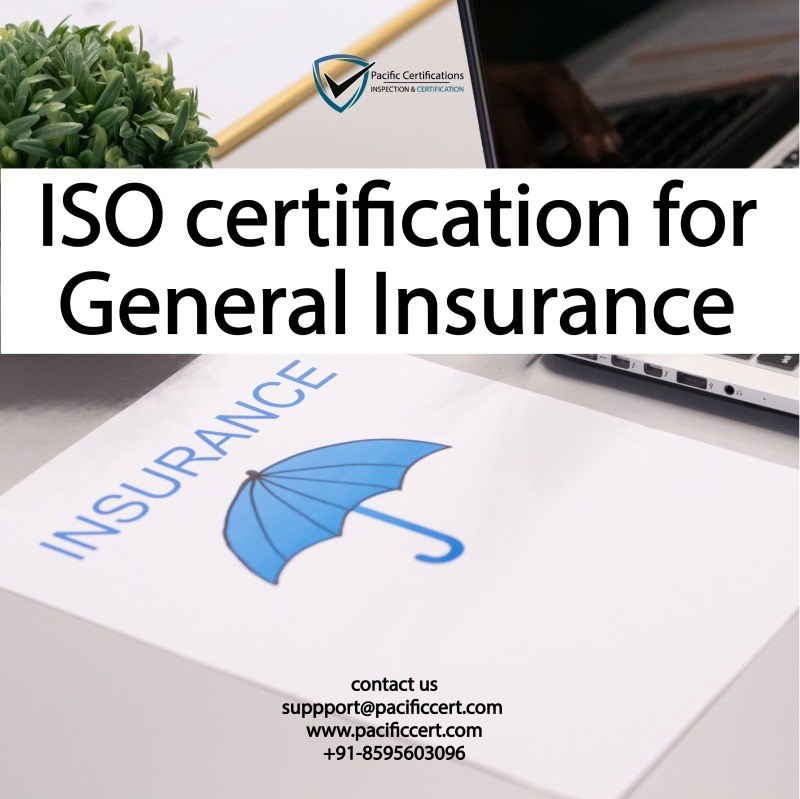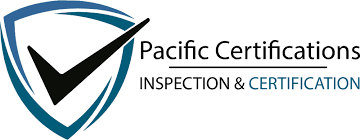ISO Certifications for General Insurance, Requirements and Benefits

Quick Summary
General insurance companies can strengthen service delivery, security, and resilience through ISO certifications. Key standards include ISO 9001 (Quality Management) for consistent, customer-oriented operations; ISO/IEC 27001 for safeguarding sensitive data and privacy; ISO 22301 for business continuity; ISO 31000 as a risk governance guide; and ISO 14001 for environmental responsibility. The certification path involves gap assessment, documenting policies and procedures, internal audits, leadership reviews, and external audits by accredited bodies. Benefits include enhanced credibility, tighter control over risk, regulatory compliance, improved operational consistency, competitive differentiation, and better protection for client information in a rapidly evolving insurance landscape.
Introduction
To obtain ISO certification for a General Insurance company, it's essential to understand the relevant ISO standards that can be applied to enhance the quality, efficiency, and effectiveness of the services provided.
ISO (International Organization for Standardization) offers various standards that can be pertinent to the insurance sector, although there is no specific "ISO standard for General Insurance."
ISO standards for General Insurance company
ISO 9001: Quality Management Systems
This is one of the most widely recognized and implemented ISO standards worldwide. ISO 9001 focuses on establishing a quality management system (QMS) within an organization. For a general insurance company, this could mean establishing processes that consistently meet customer and regulatory requirements, enhancing customer satisfaction, and continually improving operational efficiency.
ISO 27001: Information Security Management Systems
Given the sensitive nature of data handled by insurance companies, including personal and financial information of clients, ISO 27001 is highly relevant. This standard helps organizations manage the security of assets such as financial information, intellectual property, employee details, and information entrusted by third parties.
ISO 31000: Risk Management – Guidelines
This standard provides guidelines on managing risks faced by organizations. It can be particularly beneficial for insurance companies as it provides a structured framework for managing and mitigating risks, which is a core aspect of the insurance business.
ISO 22301: Business Continuity Management Systems
This standard is focused on keeping a business running during and after a critical incident. For insurance companies, which promise support to their clients in times of crisis, having robust business continuity plans is vital.
ISO 20000-1: Information Technology – Service Management
If the insurance company is heavily reliant on IT services, this standard can help in establishing, implementing, operating, monitoring, reviewing, maintaining, and improving an IT service management system.
Click here to find out more applicable standards to your industry
The process for obtaining ISO certification generally involves:
Gap Analysis: Understanding the current state of your organization's processes and how they measure up against the ISO standards.
Implementation: Developing and implementing processes and procedures as per the standards' requirements.
Training and Awareness: Ensuring that all employees are trained and aware of the ISO standards and how they relate to their job roles.
Internal Auditing: Regularly auditing your processes internally to ensure they comply with the ISO standards.
External Auditing: Having an external audit performed by a certification body like Pacific Certifications, which is accredited to issue these certifications.
Certification: Once the external audit is successful, the organization will be awarded the ISO certification.
Continual Improvement: ISO certifications require continual improvement, so it's an ongoing process.
If your organization seeks to obtain an ISO certification for improving its processes in the general insurance sector, you may contact us at Pacific Certifications for detailed guidance and support tailored to your specific needs and objectives. You can reach us at [email protected] for assistance in the process.
Requirements of ISO certification of General Insurance
ISO certification for a General Insurance company, while not specific to the insurance sector, involves adhering to various relevant ISO standards. These standards are designed to ensure quality, security, efficiency, and consistency in services. Let’s delve into both the requirements and the benefits of obtaining ISO certification in the context of a General Insurance company.
Compliance with a Chosen Standard: The first requirement is to choose an appropriate ISO standard (like ISO 9001, ISO 27001, etc.) and comply with its specific requirements. This involves understanding and implementing the guidelines and principles set out in the standard.
Documentation: Developing comprehensive documentation that outlines processes, policies, and procedures in line with the chosen standard. This includes quality manuals, process maps, and records.
Management System Implementation: Implementing a management system that aligns with the standard's requirements. For instance, a Quality Management System for ISO 9001, or an Information Security Management System for ISO 27001.
Employee Training and Awareness: Ensuring that all staff are trained and aware of the relevant ISO standards and understand their role in complying with them.
Internal Auditing: Conducting regular internal audits to ensure ongoing compliance with the standard and to identify areas for improvement.
Corrective Actions: Addressing any issues or non-conformities identified during internal audits and taking corrective actions.
Management Review: Regular management reviews of the system's performance, including assessments of compliance and discussions of ongoing improvement.
External Audit: Passing an external audit conducted by a recognized certification body like Pacific Certifications. This audit assesses the organization's adherence to the standard’s requirements.
Benefits of ISO Certification for General Insurance
Enhanced Credibility and Trust: ISO certification is internationally recognized and can significantly boost the credibility of your insurance services, fostering trust among clients and stakeholders.
Improved Risk Management: Standards like ISO 31000 help in identifying and mitigating risks more effectively, which is central to the insurance industry.
Increased Efficiency and Effectiveness: The implementation of standard procedures and practices leads to increased operational efficiency and effectiveness in service delivery.
Data Security and Compliance: With standards like ISO 27001, general insurance companies can ensure better data security, crucial in an industry dealing with sensitive client information.
Customer Satisfaction: ISO standards often focus on improving customer satisfaction by ensuring consistent service quality and addressing customer needs effectively.
Market Differentiation: Being ISO certified can distinguish a company in a competitive market, serving as a mark of quality and reliability.
Continual Improvement: ISO standards promote a culture of continual improvement, ensuring that the organization keeps evolving and improving its processes.
Regulatory Compliance: It helps in meeting various legal and regulatory requirements, which is particularly pertinent in the highly regulated insurance sector.
Conclusion
For a General Insurance company, ISO certification can be a strategic asset, enhancing overall performance and market position. It's important to choose the right standard(s) based on specific business needs and objectives.
Pacific Certifications is accredited by ABIS, in case you need support with ISO certification for your business, please contact us at [email protected] or +91-8595603096.
Contact Us
If you need support with ISO certification for General Insurance, contact us at [email protected].
Read More at: Blogs by Pacific Certifications

